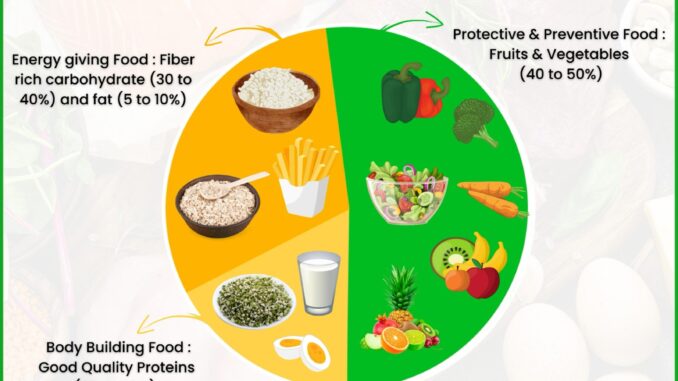In today’s modern dairy industry, nutrition is more than just feed—it's a foundation for productivity, animal health, and milk quality. Just like humans, cows thrive when they’re given the right balance of nutrients. A well-planned diet doesn’t only keep cows in peak physical condition—it also plays a crucial role in the quality and quantity of milk they produce.
What Is a Balanced Diet for Dairy Cows?
A balanced diet for dairy cows includes a careful mix of:
Forages (like silage and hay)
Grains and energy sources (such as corn or barley)
Vitamins and minerals tailored to the cow’s lactation stage
Why Nutrition Matters for Milk Quality
When cows receive optimal nutrition:
Milk yield increases
Milk fat and protein content improve
Somatic cell counts (SCC)
decrease, indicating better udder health
Fewer metabolic diseases occur, such as ketosis or acidosis
The Role of Digestive Health: A key benefit of balanced feeding is maintaining a healthy rumen, the primary digestive organ in cows. A stable rumen environment improves digestion, boosts feed efficiency, and supports better nutrient absorption. This leads to: Consistent milk output, improved fertility, reduced veterinary costs. A happy rumen means a healthier, more productive cow.
Precision Feeding: The Future of Dairy Nutrition: With advancements in dairy tech, farmers can now use data-driven tools to fine-tune rations for individual cows or groups. This precision approach not only ensures optimal nutrition but also: Reduces feed waste, Lowers environmental impact, enhances overall herd performance, smart feeding strategies are becoming a game-changer for progressive dairy farms.

